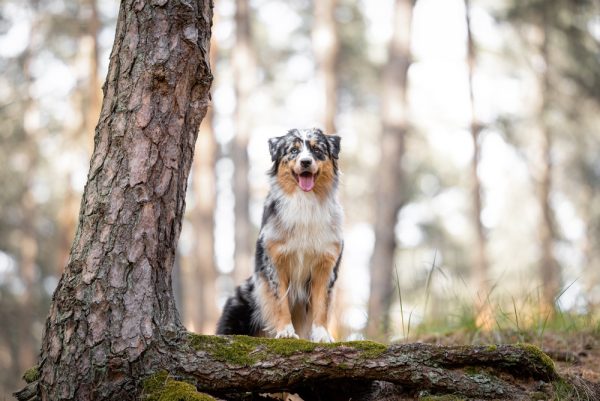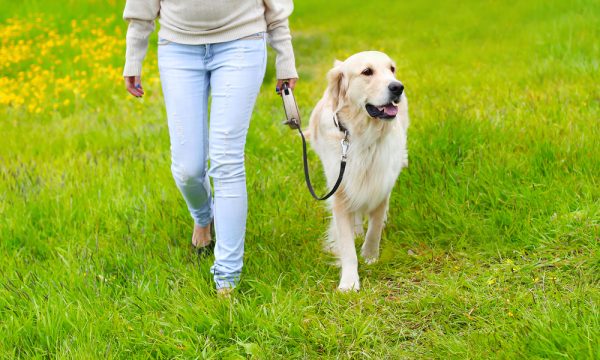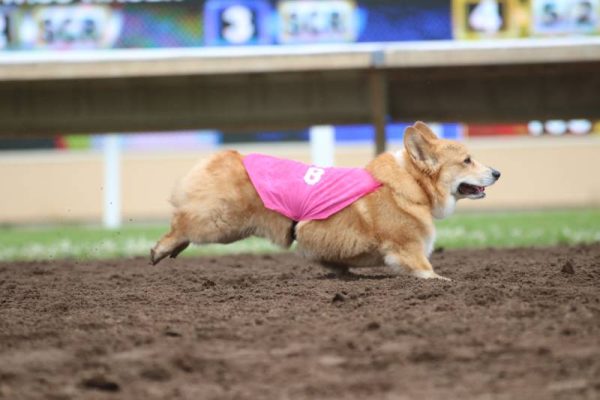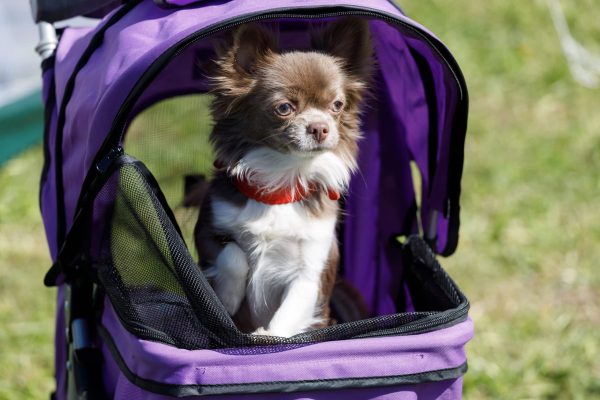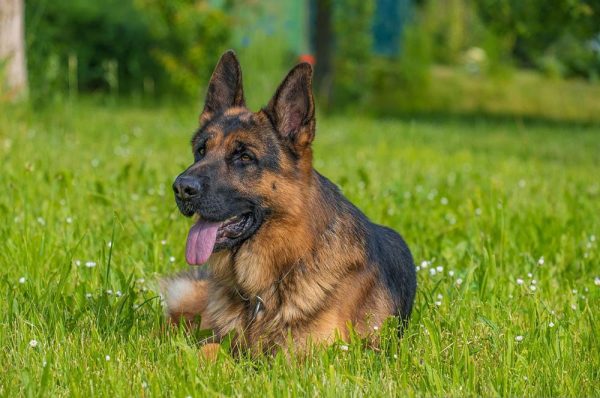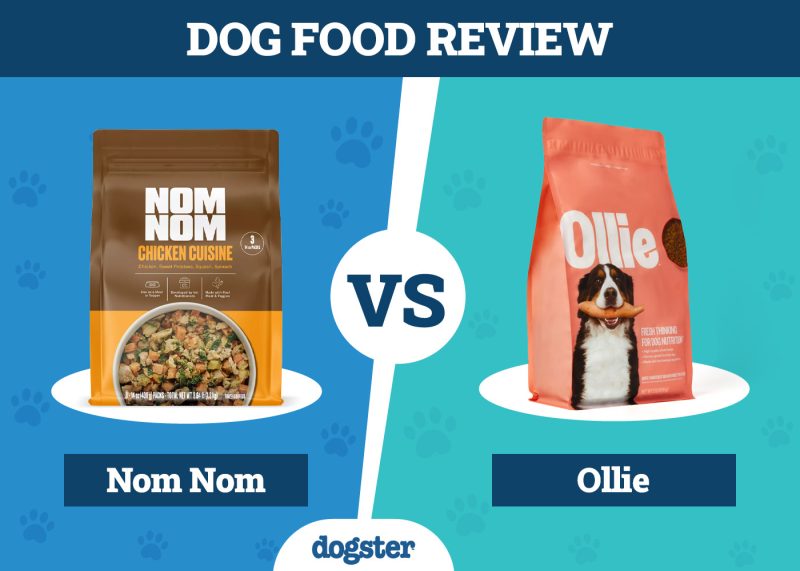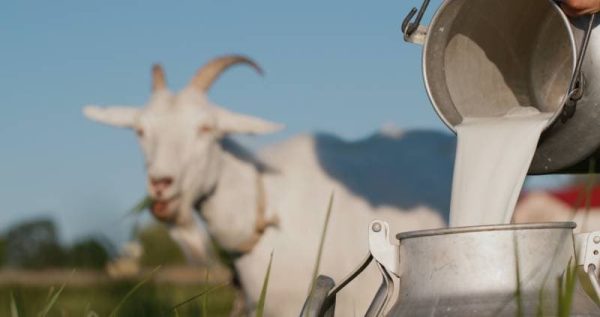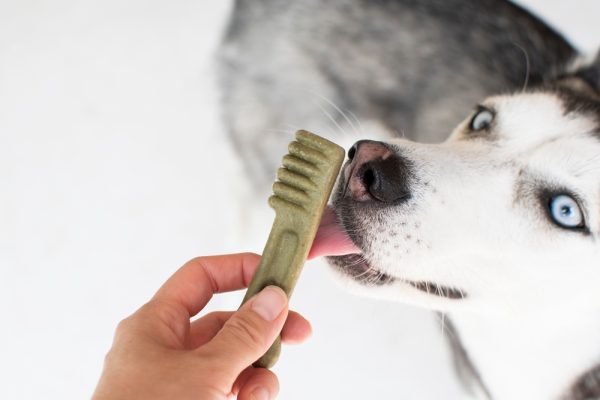In this article
View 5 More +If you’re itching to know more about how your dog’s mind works, you may just be in luck. Dognition is an online assessment designed to help you better understand your dog as a whole: their intelligence, personality, and how and why they perceive and interact with the world around them the way they do.
The assessment was developed by Dr. Brian Hare, an Evolutionary Anthropology and Psychology and Neuroscience professor at Duke University, alongside other canine experts. In this guide, we’ll break down all there is to know about how Dognition works and share what our Dogster team member had to say about taking the assessment.

How Does It Work?
The Dognition Assessment is designed to reveal various facets of your dog’s personality and cognitive style. This includes their communication, reasoning, memory, and problem-solving skills, but also how empathetic they are and their capacity for cunning.
The assessment itself is conducted online and is carried out through the medium of play. You’ll be instructed to play 20 expert-designed games with your dog related to five distinct cognitive skills: empathy, communication, cunning, memory, and reasoning. You input your dog’s responses by answering questions the tool proposes.
The tool takes all this information, produces a lengthy, personalized report, and lets you know which of the nine personality profiles your dog best fits into based on how they performed in the games (check the section below for more on this).
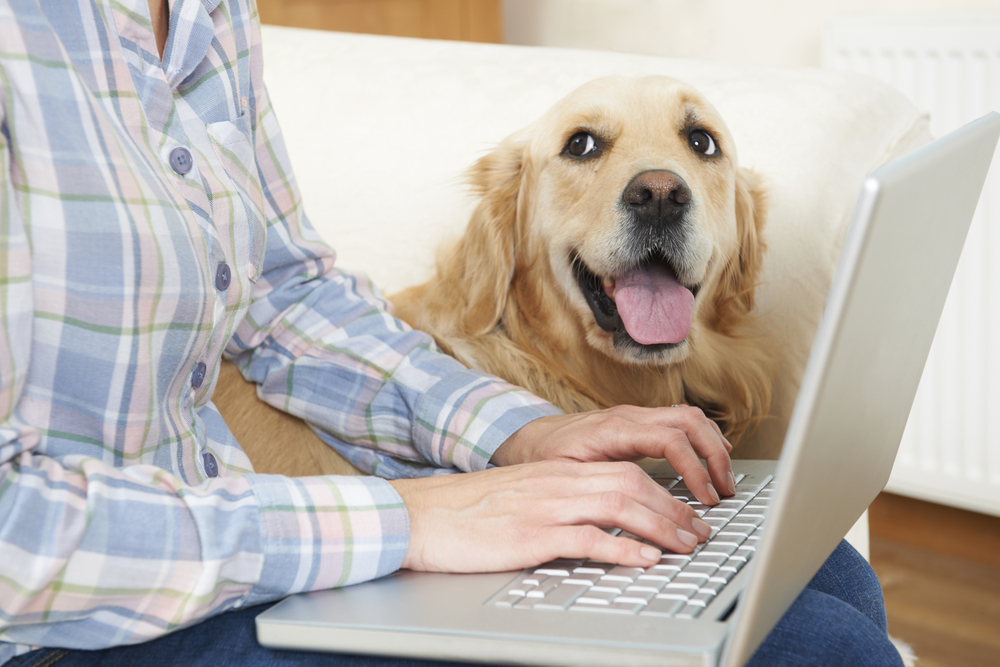
The 9 Different Types of Dognition Personality Profiles
There are nine Dognition personality profiles, and here they are with a very brief description of each. Dognition has more detailed descriptions of each profile.1
1. Ace (Top Dog)
10% of participants fall into the “Ace” category. Dogs in this category are described as being great problem solvers with a strong sense of intuition and communication skills.
2. Charmer (Canis Irresistibilis)
Charmers account for 16% of the results and are distinguished by their top-notch social skills and talent for charming those around them, especially if it is a means of getting their own way!
3. Socialite (Friend to All)
If your dog has an undeniable air of grace about them, they may just be a socialite. Socialites aren’t the strongest independent problem solvers but are very skilled at obtaining what they want via people. 22% of participants are placed in this category.
4. Expert (Problem Solver)
A mere 7% of participants are categorized as experts. These dogs are capable of solving problems independently but also work well in teams. They tend to score highly in the “memory” assessment.
5. Renaissance Dog (Dog of All Trades)
12% of all participants perform strongly across the board, meaning they’re generally capable and consistent in what they can do. They don’t have one particular skill—they have a whole bunch!
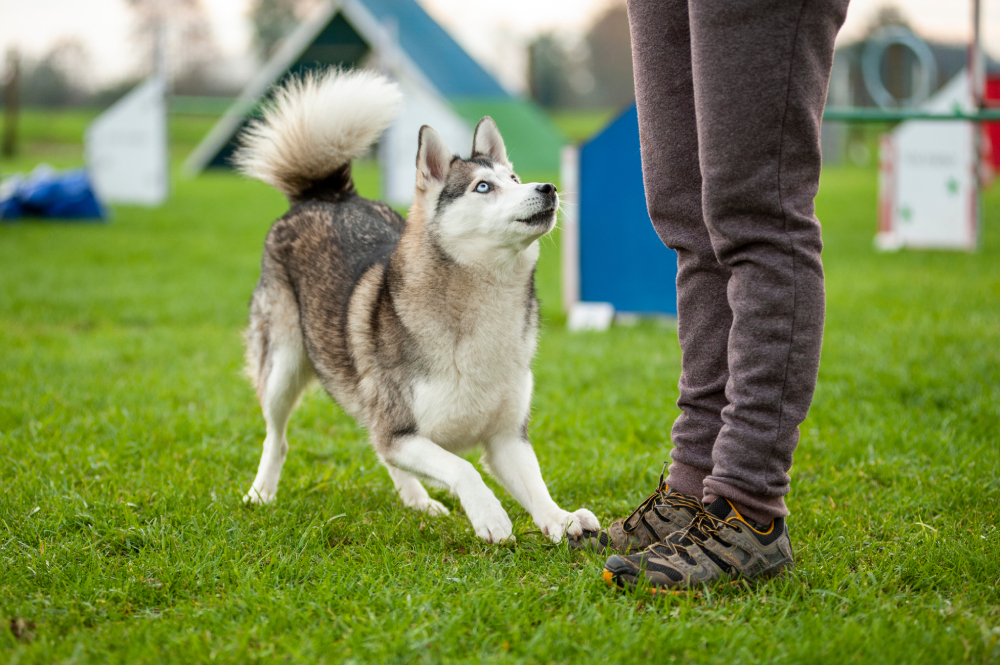
6. Protodog (O, Pioneer!)
The Protodog profile (15% of dogs) is based on how dogs operated when they were just starting out getting domesticated thousands of years back. Protodogs are independent problem solvers but flexible enough to seek human help if necessary.
7. Einstein (The Thinker)
The lowest percentage of participants fall into the Einstein category: only 3%. These dogs have a keen sense of the physical world and are capable of making inferences, which Dognition describes as being “one of the key qualities of genius”.
8. Maverick (Lone Wolf)
Mavericks are considered to function on a cognitive level similar to that of wolves. They have a penchant for independent problem-solving rather than teaming up to figure things out. 7% of participants are mavericks.
9. Stargazer (Free Spirit)
Stargazers (8% of participants) are described as being independent and spontaneous with an eye to solving problems alone and in the moment. They have a wolfish edge that gives them an all-around free-spirited vibe.
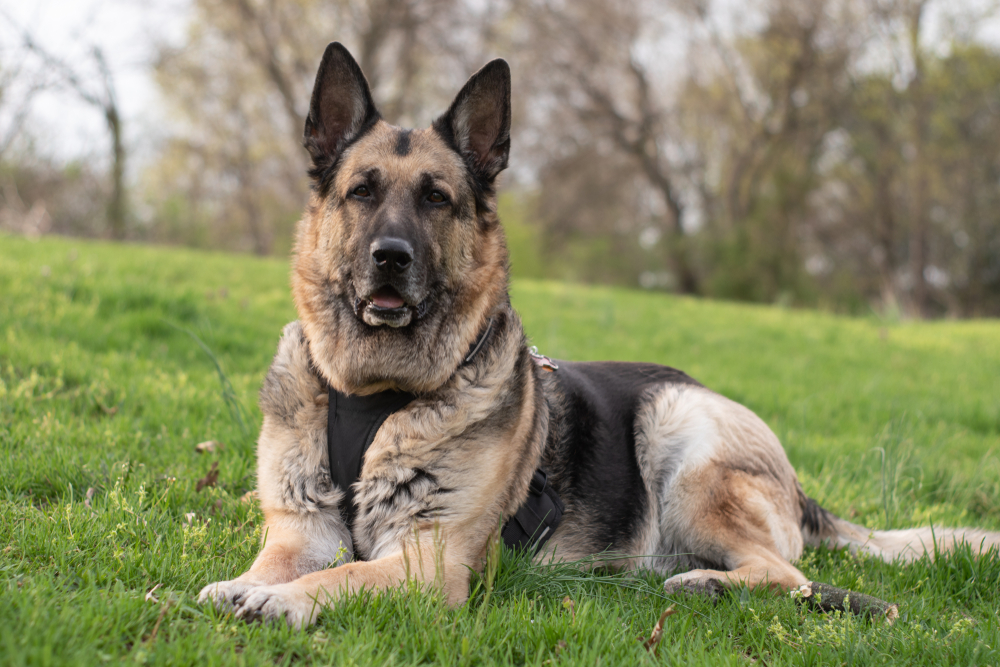
What Do You Need for the Dognition Assessment?
Not much. According to Dognition’s information page, you only need an internet connection, some space, your dog, and a few bits and bobs from around your house—treats are most certainly among these items.
In addition, you’ll need a payment method because Dognition isn’t a free assessment. You can pick from various paid plans offering a different selection of features. The most basic tier offers 20 interactive games, an in-depth analysis for each game, and a Dognition profile report, but other tiers come with extra features in addition to these, like expert tips and tricks.
Advantages of Dognition
The main advantage of Dognition is that you get a better insight into how your dog’s mind works. However, one of Dogster’s writers, dog sitter Wendy Newell, took the Dognition Assessment with her dog, Riggins. She highlighted four specific factors that she felt positively about, which were:
- Data: Wendy liked that the data from Dognition was presented in a way that was easy to make sense of. She also enjoyed being able to compare Riggins’ results to those of other dogs.
- Expert development: Dognition is expert-developed with the collaboration of various scientists and dog trainers. It has also been featured by the likes of Nat Geo Wild.
- Simple games: Wendy described the games as fun and easy to follow with clear visual cues.
- Diplomacy: Even in areas in which Riggins didn’t do well, Wendy felt that the reports were kind and positively worded.
Disadvantages of Dognition
The main disadvantage of Dognition is that you have to pay for it, which could really add up if you have multiple dogs that you want to be assessed. That said, some tiers do offer a discount on multiple dogs.
Furthermore, it may take around 80 minutes to a few hours to complete the whole assessment, but you don’t have to (and it’s not recommended to) do all the activities in one go.
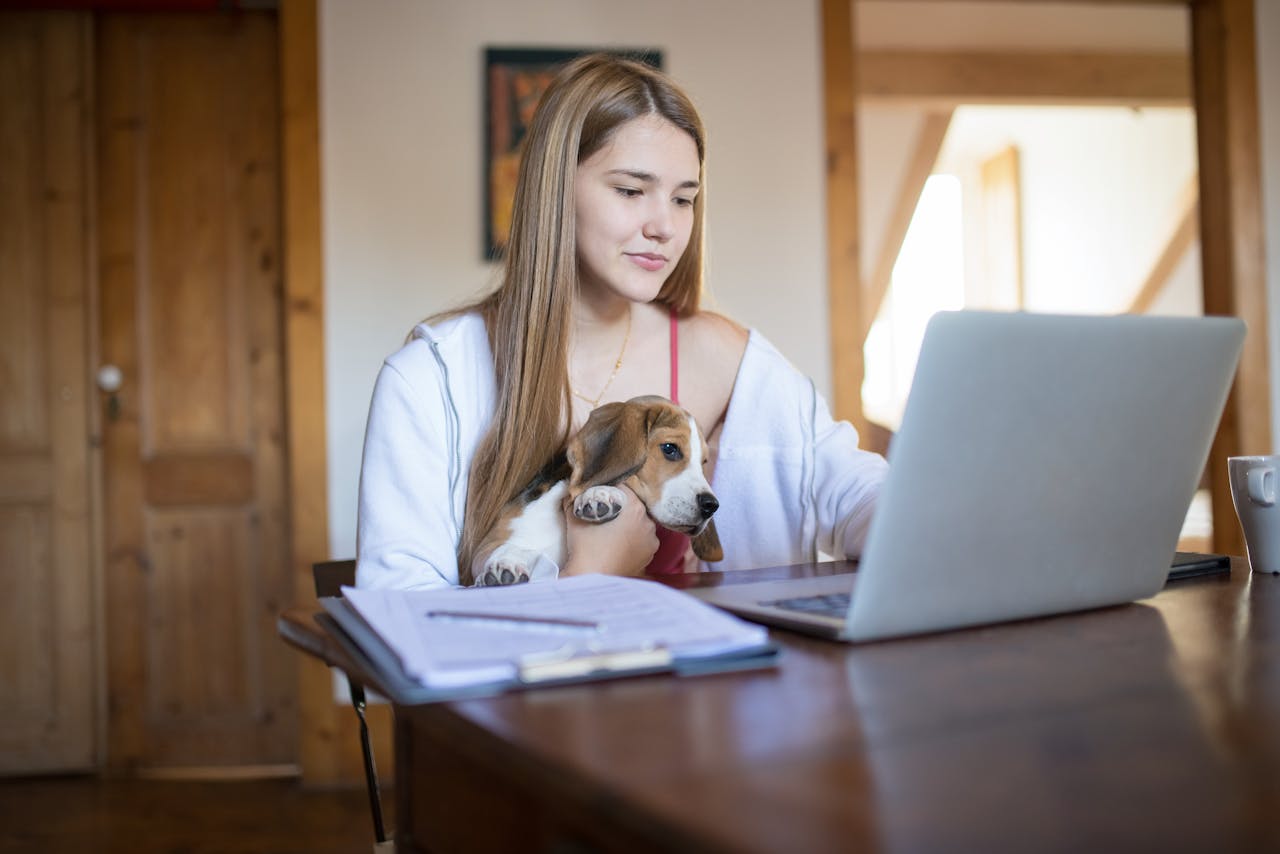

Frequently Asked Questions (FAQ)
What Is a Dog’s IQ?
According to Stanley Coren, PhD., a canine researcher and psychologist, a dog has about the same mental capacity as a two to two-and-a-half-year-old human child. However, Coren has also explained that there are different kinds of canine intelligence: adaptive, working, and instinctive, so dogs can have strengths in various areas. For example, Border Collies are renowned for their sharp working intelligence.
What’s the Smartest Dog Breed?
Stanley Coren’s canine intelligence ranking in his book, The Intelligence of Dogs, which orders dogs based on their working and obedience intelligence, places Border Collies at the top of the list followed by Poodles, German Shepherds, and Golden Retrievers in that order. Other breeds in the top 10 are Dobermans, Shelties, and Labradors.
However, as we touched on in the previous question, there are a few different kinds of intelligence, so dogs at the bottom of the list (the Afghan Hound is right at the bottom if you’re curious) aren’t there because they’re stupid. It simply means that their working intelligence isn’t as sharp as dogs at the top of the list, but they could be sharper in other areas like adaptive intelligence or instinctive intelligence.

Conclusion
The Dognition assessment is a fun way to learn more about your dog and our Dogster writer gave it a positive review, but it is not the be-all-and-end-all when it comes to understanding your dog!
If you don’t plan on taking the test, you can still learn a lot about your dog by simply observing their body language and how they behave in various situations, whether that be learning a new command or trying to get something they want. You can even try doing some simple brain and memory games to see how your dog performs—you’ll find plenty of ideas online.
Featured Image Credit: Prostock-studio, Shutterstock



